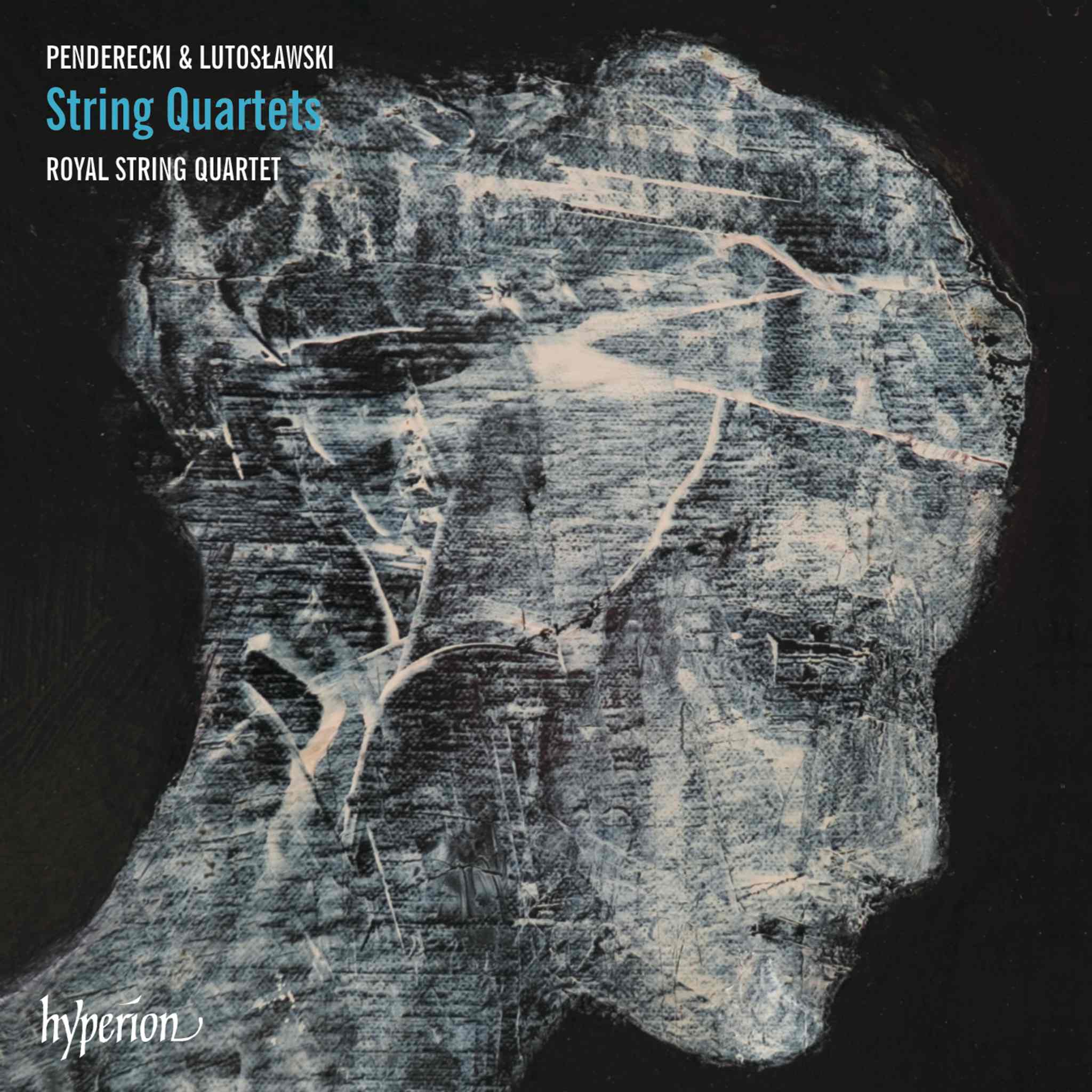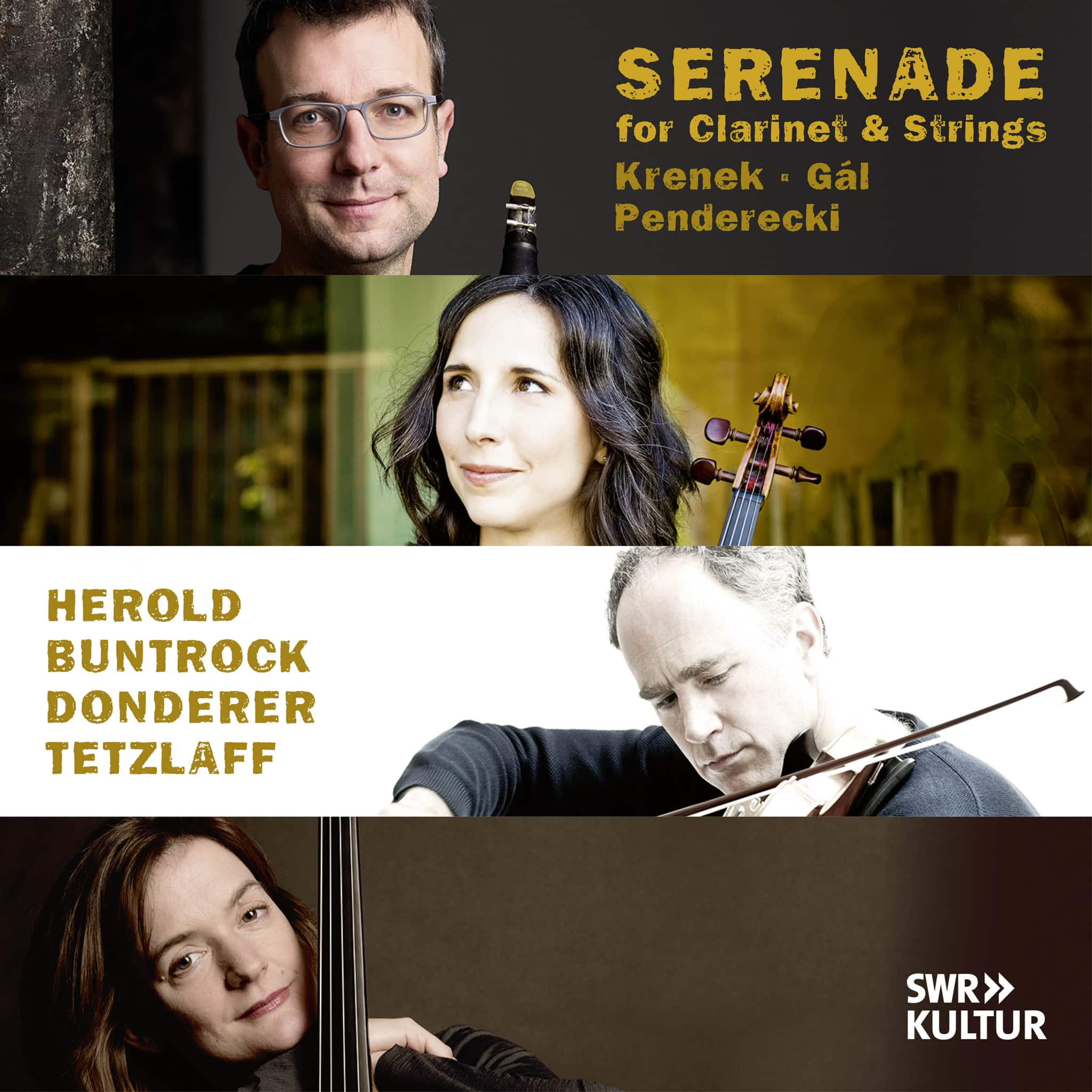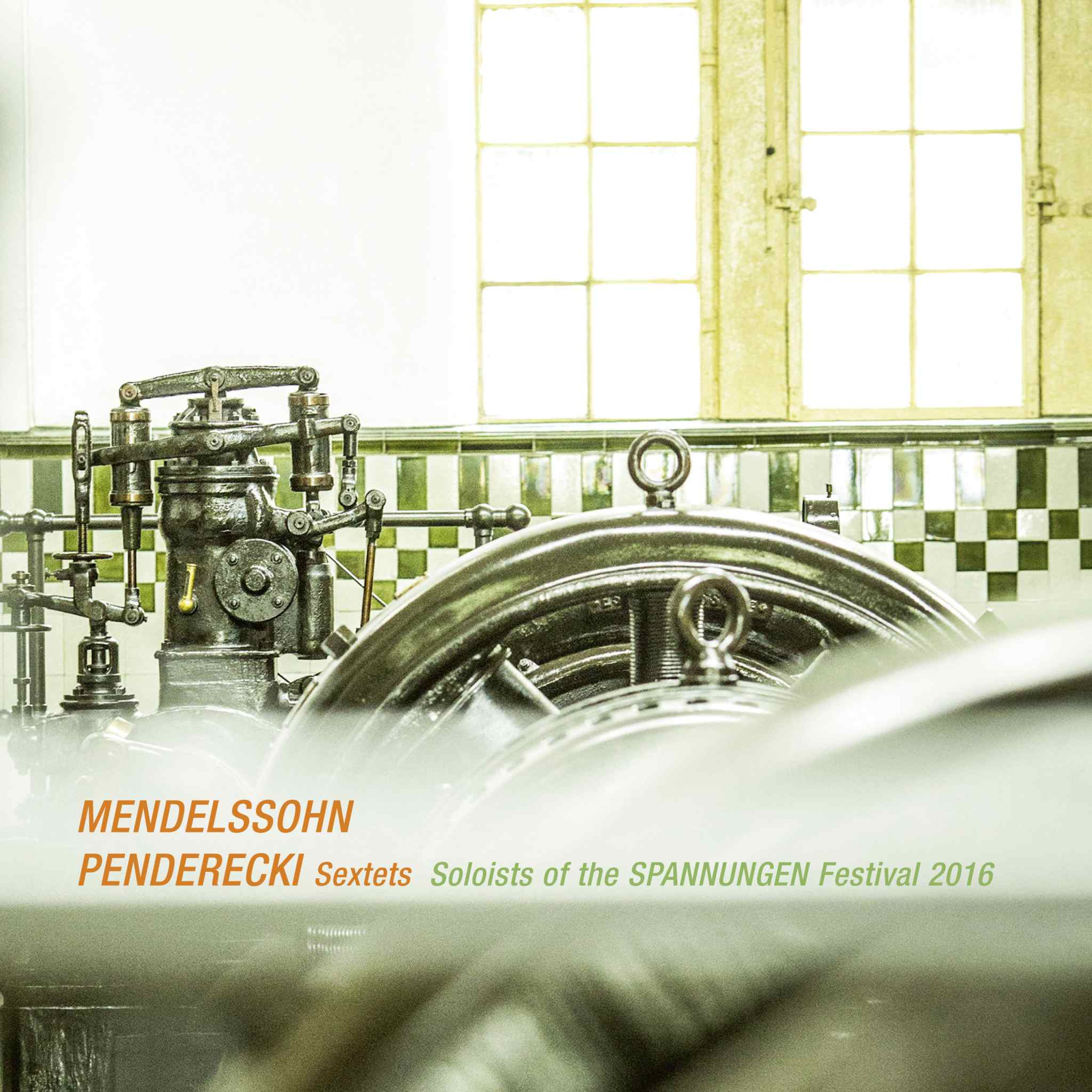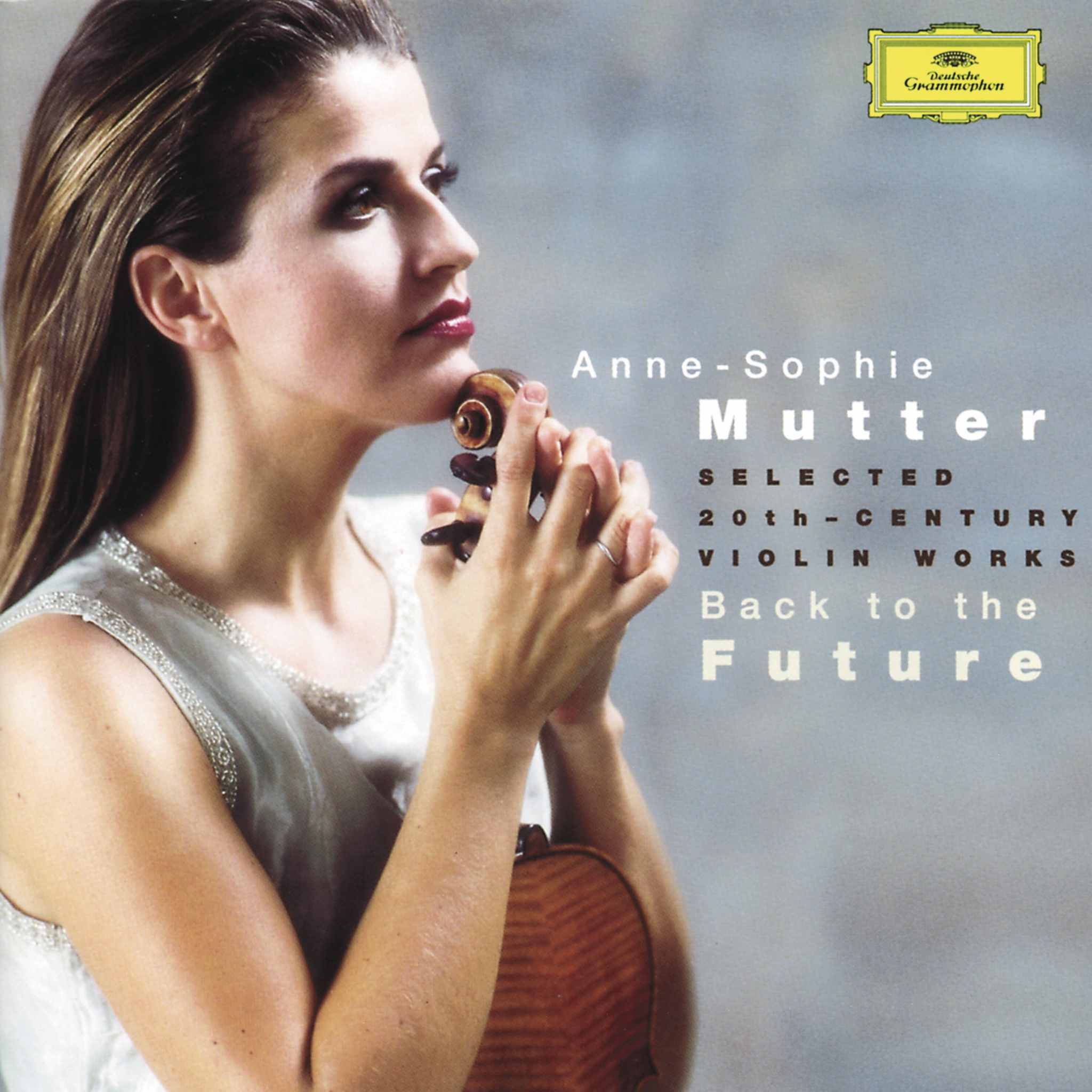Hommage à Krzysztof Penderecki: The Silver Album
Dive into the world of Krzysztof Penderecki, one of Poland's most distinguished late 20th-century composers. Part of the "Polish School" group of composers, Penderecki's early experiences under German occupation and Communist rule fueled his rebellious artistic spirit.
Penderecki & Lutosławski: A String Quartets Exploration
Appreciate his radical musical expressions such as the haunting "Threnody for the Victims of Hiroshima" and the powerful "St Luke Passion". Discover how his later works, such as the cherished Violin Concerto No.1 and his symphony series shifted towards a personal style rooted in late-Romantic tonality.
Honoring Penderecki with Metamorphosen
Embark on a journey through Penderecki's impactful career, learn how he defied Communist dogmas, inspired internationally renowned movie directors, and rock groups alike. Truly, he bridged the gap between classical and popular artforms in an unprecedented manner.
Lachrymae: A Collaboration of Hindemith, Britten, and Penderecki
Despite the acclaim he received towards the latter part of his career as a cornerstone of European music, his early masterpieces have had a profound influence extending beyond the classical concert hall. This is the legacy of Krzysztof Penderecki, a boy marked by war and tyranny who became a beacon of artistic defiance and innovation.
Rostropovich: The Musical Conscience - A Film by E. S. Lansch
Krzysztof Penderecki was one of the most influential Polish composers and conductors of the late 20th century, renowned for his pioneering orchestral techniques and his profound impact on both classical and contemporary music. His musical journey reflected both the turbulence of his era and a relentless drive for artistic innovation.
Born in Dębica, Poland, Penderecki’s early life was shaped by the trauma of the German occupation and post-war Communist rule. He studied composition at Jagiellonian University and later at the Academy of Music in Kraków, eventually becoming its rector and teaching internationally, including at Yale University.
Penderecki burst onto the international scene with the avant-garde Threnody for the Victims of Hiroshima, a searing string orchestra piece employing innovative extended techniques, cluster chords, and tone clusters to evoke raw emotion. This work remains a landmark of 20th-century modernism and symbolizes the composer’s challenge to artistic and political conventions.
His early triumphs were quickly followed by ambitious works like the St Luke Passion, which combined choral grandeur with modernist dissonance and religious texts to powerful and controversial effect. The opera The Devils of Loudun was performed widely across Europe, further establishing his reputation.
By the late 1970s, Penderecki gradually shifted from the avant-garde towards a distinct neo-Romanticism, as heard in his later works. His artistic evolution is a testament to his versatility and relentless pursuit of innovation.














